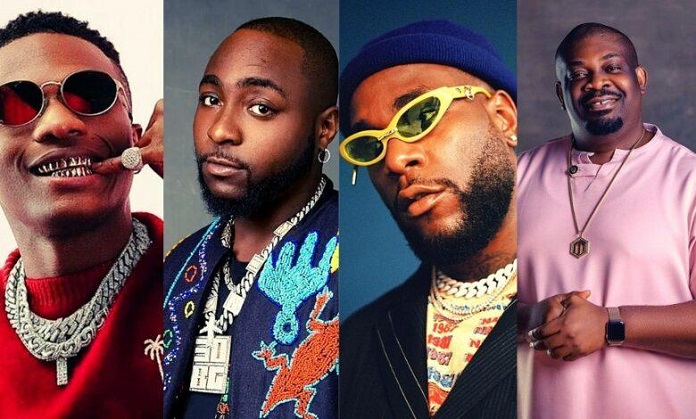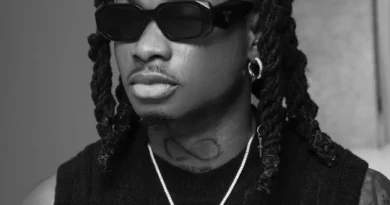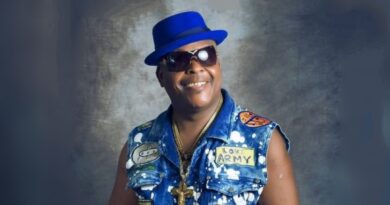How Much Do Nigerian Musicians Make Per Show?
Nigeria’s music industry is booming. From Lagos to London, Afrobeats and Afropop dominate playlists, clubs, and international charts. Nigerian musicians are no longer just local stars; many are global icons with millions of fans. But one question often sparks curiosity: how much do Nigerian musicians actually make per show?
The answer depends on several factors, including the artist’s popularity, the type of event, the location, and even the season. Some upcoming musicians may perform for free just to gain exposure, while top-tier stars can command mind-blowing fees that rival international acts.
In this article, we’ll break down the earnings of Nigerian musicians per show, exploring both the superstars and the rising talents, while also highlighting what determines their paychecks.
1. The Nigerian Music Industry in Context
Before diving into the numbers, it’s important to understand the structure of Nigeria’s music industry. The ecosystem is fueled by:
- Live performances and shows – concerts, club appearances, weddings, and festivals.
- Endorsements and sponsorships – deals with brands like Pepsi, MTN, and Globacom.
- Streaming and record sales – though streaming pays less in Nigeria compared to developed markets.
- Merchandise, tours, and licensing.
Among all these revenue streams, live shows remain the biggest money-maker for most Nigerian musicians.
2. Earnings by Artist Category
a) Upcoming Artists
For musicians still trying to build a name, the earnings are modest. Many perform for little to no fee, especially at open mics, small clubs, or university events. Instead of cash, they’re paid with exposure and networking opportunities.
- Club appearances: ₦50,000 – ₦200,000 (sometimes just free drinks and food).
- Local events: ₦100,000 – ₦300,000 if they have a bit of buzz.
For an upcoming act, the main goal is not profit but visibility.
b) Mid-Level Artists
These are musicians with a couple of hit songs, a loyal fan base, and growing recognition across Nigeria. They may not yet be global stars, but they are hot in the Nigerian scene.
- Local concerts: ₦500,000 – ₦3 million per show.
- Corporate events and weddings: ₦2 million – ₦5 million.
Corporate gigs usually pay better because brands and wealthy individuals are willing to splash money for status and entertainment.
c) Top-Tier Nigerian Superstars
This is where things get interesting. Nigerian A-list musicians—think Burna Boy, Wizkid, Davido, Asake, Rema, and Tiwa Savage—earn staggering amounts per performance. Their fees depend on whether the show is local or international.
- Nigerian shows: ₦10 million – ₦40 million per performance.
- International concerts: $100,000 – $500,000 (₦80 million – ₦400 million).
For example:
- Burna Boy reportedly charges between $300,000 – $500,000 for international shows, especially since he sells out stadiums.
- Wizkid is rumored to charge upwards of $200,000 for international bookings.
- Davido, with his global hits and strong stage presence, is also in the $200,000 – $300,000 range.
- Asake, despite being relatively new, reportedly charges ₦20 million – ₦30 million for Nigerian shows due to his massive demand.
3. Factors That Influence Earnings
i) Popularity and Demand
The more hits an artist has, the higher their demand, and the bigger the paycheck. An artist trending with multiple chart-toppers will naturally command higher fees.
ii) Type of Event
- Corporate events (e.g., banks, telecoms) pay much more than club appearances.
- Weddings and private parties can also be very lucrative, especially when hosted by wealthy families.
- Festivals and stadium concerts bring huge paychecks because ticket sales and sponsorships fund them.
iii) Location
International bookings pay far better than Nigerian shows. An artist might earn ₦15 million in Lagos but $200,000 in London for the same performance.
iv) Negotiation Power
Artists with strong management teams and agencies negotiate better deals. The ability to bargain effectively can be the difference between ₦5 million and ₦20 million.
v) Stage Package
Some musicians perform alone with a DJ, while others bring full bands, dancers, and elaborate stage setups. The more complex the package, the higher the cost.
4. Behind the Scenes: Expenses That Reduce Earnings
While the fees sound huge, musicians don’t pocket every naira. Several expenses are deducted:
- Management and booking agents – usually take 10–20%.
- Logistics – flights, accommodation, and local transport.
- Band members and dancers – salaries must be paid.
- Production costs – lights, sound, and stage design (sometimes covered by organizers).
So, if a superstar is paid ₦30 million for a Nigerian show, their net earnings after expenses might be closer to ₦18–₦20 million. Still impressive, but not the full amount advertised.
5. Case Studies of Top Nigerian Musicians
Burna Boy
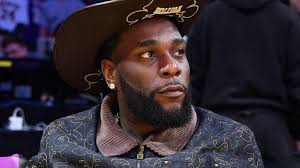
In 2023, Burna Boy became the first African artist to sell out London Stadium (60,000 capacity). Reports suggest he makes up to $500,000 per international show. His Nigerian gigs cost around ₦30–₦40 million.
Wizkid
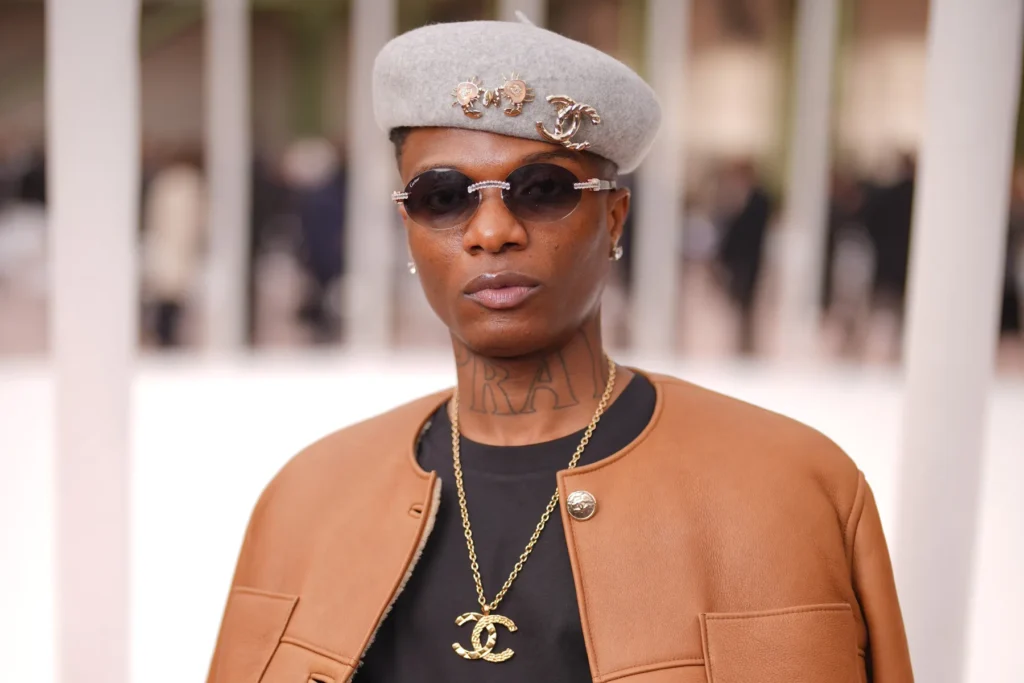
Wizkid’s “Made in Lagos” tour grossed over $30 million, making him one of the highest-earning African musicians. Locally, he charges between ₦25 million – ₦35 million per appearance.
Davido
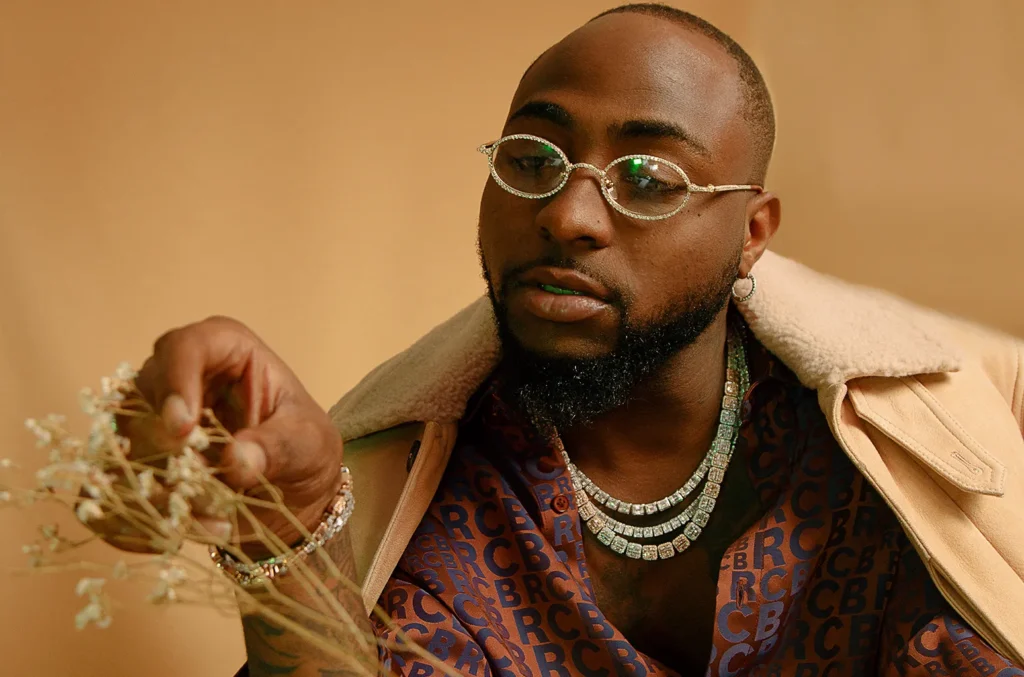
Known for his high-energy performances, Davido is one of the most booked Nigerian artists at weddings and corporate events. His fee ranges from ₦20 million – ₦40 million locally, and up to $250,000 internationally.
Tiwa Savage
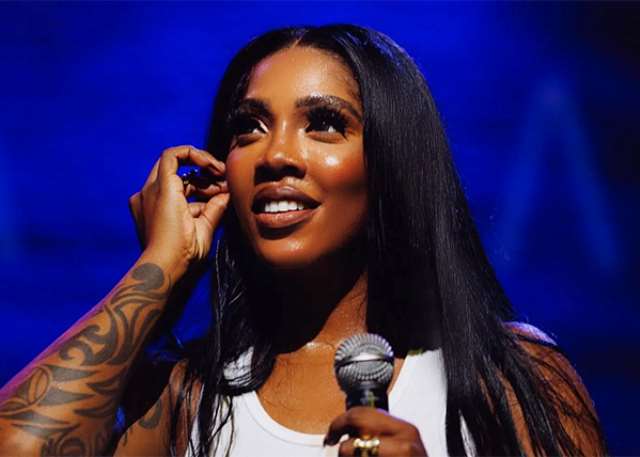
As Africa’s Queen of Afrobeats, Tiwa commands ₦10 million – ₦20 million in Nigeria and about $100,000 abroad. Her brand collaborations also push her total earnings higher.
6. Do Nigerian Musicians Earn More Than Their International Peers?
When compared to U.S. and European stars, Nigerian musicians still earn less per show. For example, Drake can charge over $1 million per performance. However, given the cost of living in Nigeria and Africa, Nigerian artists are among the highest paid entertainers on the continent.
What makes them stand out is the volume of bookings. A Nigerian superstar can perform at multiple shows in one month, especially during festive seasons like December (“Detty December” in Lagos). The combined income often reaches millions of dollars annually.
ALSO READ : Charly Boy Lists Qualities for Son’s Future Wife
7. Challenges Facing Musicians Despite High Earnings
Even though top Nigerian artists earn impressive fees, the industry still faces issues:
- Piracy and low streaming revenue reduce income outside live shows.
- Poor infrastructure (electricity, venues, and security) sometimes limits concerts.
- Unstable economy and inflation mean local fees, while large, may lose value quickly.
- Health risks – the pressure of back-to-back shows can take a toll on physical and mental wellbeing.
8. The Future of Nigerian Music Earnings
With Afrobeats going global, Nigerian musicians are set to earn even more in the coming years. More artists are selling out international arenas, securing brand endorsements, and getting Grammy recognition.
Platforms like YouTube, Spotify, and Apple Music are also improving payouts in Africa, while Nigerian event promoters are investing in larger concerts. As a result, fees per show will likely keep rising.
For upcoming artists, this growth means there’s hope—though the journey requires consistency, networking, and persistence.

